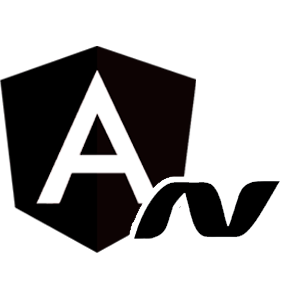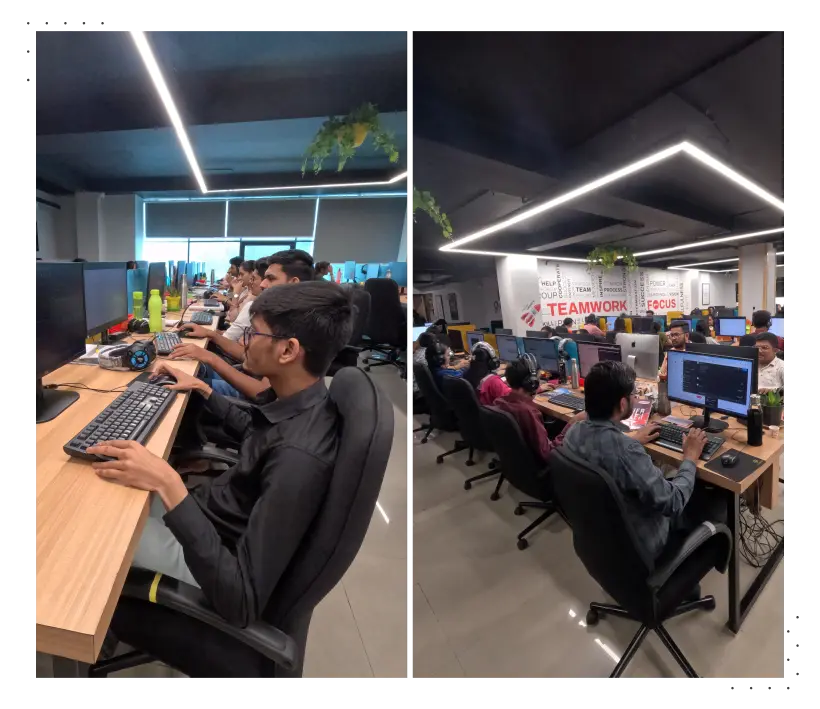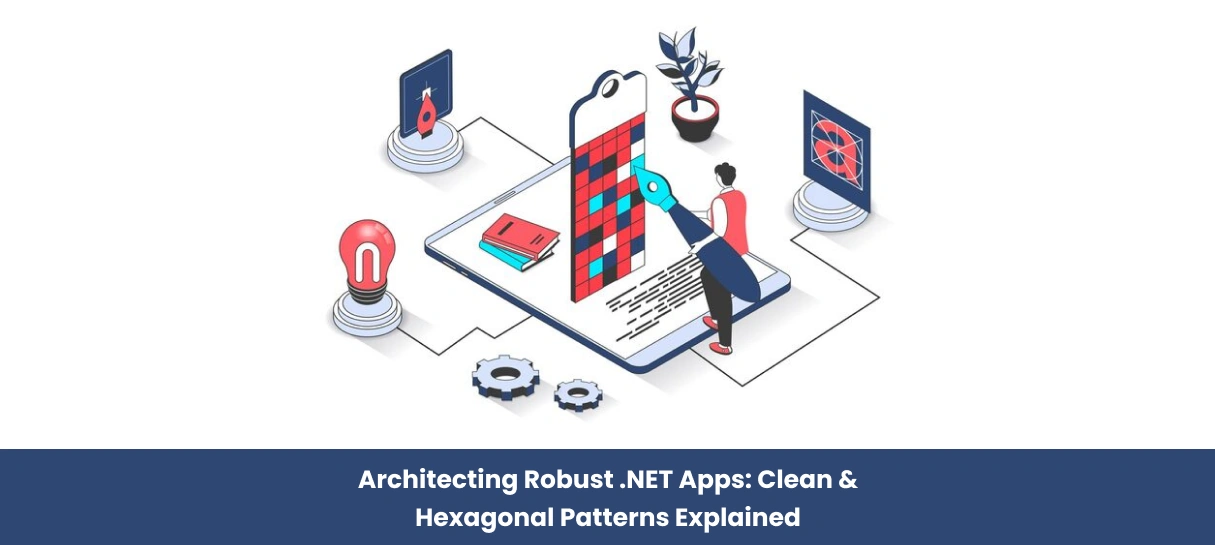These letters MEAN stack development dramatizes MongoDB, ExpressJS, AngularJS, and Node.js. MongoDB would have been as the db, ExpressJS is for the backend, AngularJS is for the frontend, and Nodejs is as the application runner. The MEAN stack is built on many beneficial features such as quicker development times, scalable systems, and also the fact that there exists a big number of developers' community which works with this stack and may be helpful in solving some problems.
Developing MERN stack means using the technologies, MongoDB, ExpressJS, ReactJS, and Node.js for that matter. As many know, ReactJS is an accepted javaScript library for the user interface creation and what makes it especially popular is that it is easy to use and flexible. The MERN stack has the same benefits of the MEAN stack as it allows using the ReactJs framework to build the frontend of an application.
Somewhat in contrast with the MEAN and MERN stacks, the frontend framework is the only piece that stands out between them. MEAN is driven by AngularJS, on the other hand MERN integrates ReactJS. Both of the formats tend to have their respective strengths and vulnerabilities. It will strongly depend on what you have in mind for your particular project when selecting either a format or the other. AngularJS may be the option when you want longer support of a large community; ReactJS favors flexibility and an easy way to learn and use it.
MEAN and MERN stack development are both powerful options for building web applications, but they have differences that are important to understand. Are you searching for a rapid release, simple scalability, and a large pool of developers – slam down the MEAN stack to fulfill your own needs. Apart from that, MERN stack is simpler and easier to employ when there is a need for user-friendly and flexible front-end frameworks. Finally, the selection stack that suits you best will boil down to the size of undertaking and the experience of your development team at the end.



























































